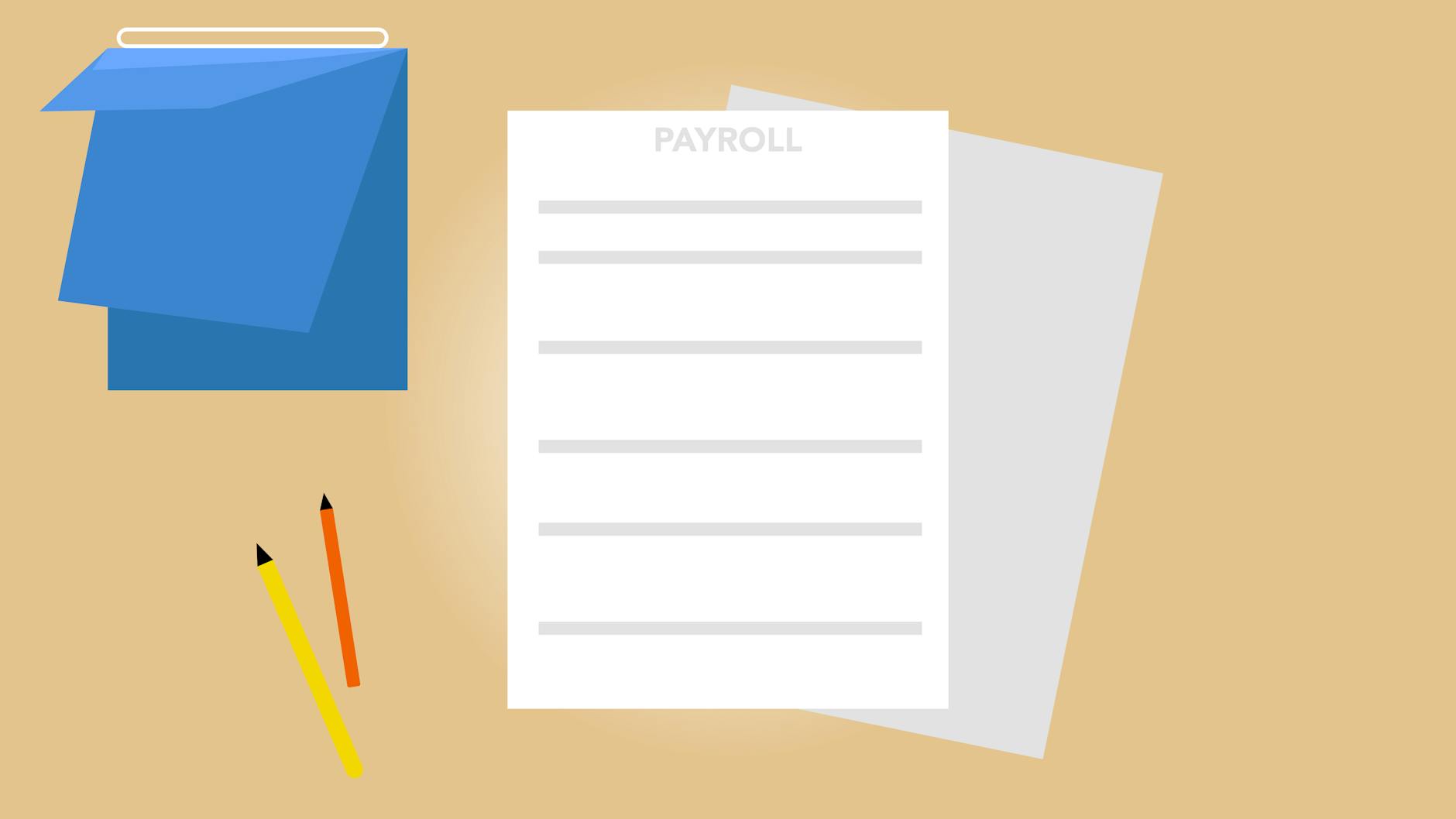Getting injured on the job can change your life in an instant. Suddenly, you’re dealing with pain, paperwork, and the looming question: how will I pay my bills while I recover? Two options that often come up are workers’ compensation and disability benefits. But can you actually receive both at the same time? The answer is yes – but it’s a bit more complicated than that. If you’re unsure where to begin, call Liberty Bell Workers Compensation to get clarity on your options and guidance through the process. Let’s dive into what these benefits are, how they interact, and how a knowledgeable workers’ compensation lawyer can be your best ally during the process.
Understanding the Basics
Before you start filing paperwork, it’s important to understand the difference between workers’ comp and disability benefits. They may sound similar, but they serve different purposes and come from different sources.
What Is Workers’ Compensation
Workers’ compensation is a state-run program that provides medical care and wage replacement if you’re injured on the job. It’s essentially an insurance policy your employer carries to protect you and themselves when workplace injuries happen.
The main features of workers’ comp include:
- Coverage for medical expenses related to your injury
- Partial wage replacement while you’re unable to work
- Rehabilitation and retraining if needed
- Benefits for long-term disability or death resulting from the injury
Unlike disability benefits, workers’ comp is only available if your injury is work-related. You don’t need to prove fault, but you do need to show that the injury occurred in the scope of your employment.
What Are Disability Benefits
Disability benefits, like those provided through Social Security Disability Insurance (SSDI) or Supplemental Security Income (SSI), are federal programs. They’re designed for individuals who are unable to work due to a serious medical condition, regardless of where or how the condition occurred.
To qualify, you need to meet strict medical and work history requirements. These programs are not tied to your employer, and receiving them can take months due to the complex application and approval process.
Yes, You Can Get Both – But There’s a Catch
So, can you receive both workers’ comp and disability benefits at the same time? Yes, but the total amount you receive may be limited. Here’s where it gets tricky.
The Workers’ Comp Offset
If you are approved for SSDI while receiving workers’ comp, the Social Security Administration may apply a “workers’ compensation offset.” This means your SSDI payments could be reduced so that your combined income from both sources doesn’t exceed 80% of your average earnings before your injury.
This calculation can be confusing, and mistakes are not uncommon. That’s one major reason why having a workers’ compensation lawyer in your corner is so helpful. They understand the math, the forms, and the red tape, and they can fight to make sure you receive every dollar you’re entitled to.
How a Workers’ Compensation Lawyer Can Help
The intersection of workers’ comp and disability benefits is full of fine print and technicalities. Even a small error on your application can lead to delays or denials. A good workers’ compensation attorney can guide you through the maze with experience and confidence – a great place to start is http://workerscompensationattorneyorangecounty.com, where you can find trusted legal support tailored to your situation.
They can:
- Help gather medical evidence and documentation
- Ensure timely and accurate filing of all required forms
- Negotiate with insurance companies
- Coordinate your benefits so you’re not penalized
- Represent you at hearings or appeals, if needed
Fun fact: A study once found that people who used a representative in their Social Security disability cases were nearly three times more likely to be approved than those who applied alone.
Timing Matters: Strategic Planning Can Make a Big Difference
Another key consideration is when you apply for each type of benefit. For example, if you file for SSDI too early while receiving workers’ comp, your SSDI payments might be reduced significantly. On the other hand, waiting too long could delay your much-needed financial support.
A workers’ compensation lawyer doesn’t just fill out forms – they strategize. They know when to file what, and how to time everything to your advantage.
Don’t Go It Alone
Dealing with a work injury is tough enough without having to play detective and accountant all at once. Yes, you can receive both workers’ compensation and disability benefits, but only if you understand how the systems interact.
An experienced workers’ comp lawyer can be the missing piece to your recovery puzzle. They’ll protect your rights, maximize your benefits, and give you peace of mind during a difficult time.
And here’s something you might not know: workers’ comp laws vary a lot from state to state. So what’s true in California might not apply in New York. That’s why local legal help matters – because one size definitely does not fit all.
If you’ve been injured and you’re feeling overwhelmed, don’t hesitate to reach out to a reputable workers’ compensation attorney in your area. The right support can make all the difference in your journey back to health, work, and financial stability.



